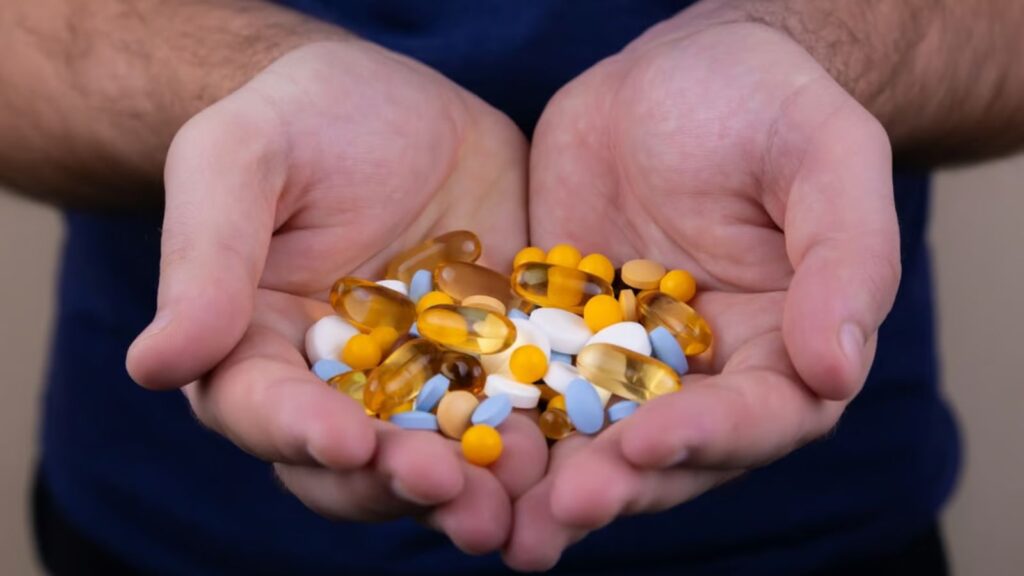Addiction is a complex and deeply personal struggle. No two individuals experience it in exactly the same way, and as a result, no single approach to treatment can be universally effective. For long-term recovery to be successful, it’s essential that addiction treatment programs be flexible, holistic, and tailored to meet the unique needs of each person.
Leading treatment centers recognize that comprehensive care involves much more than detox or abstinence. Effective programs take into account a person’s mental health, medical history, lifestyle, family dynamics, and personal goals. This individualized approach increases the chances of recovery by addressing the root causes of addiction and equipping patients with the tools to rebuild their lives.
Understanding The Value Of Personalized Care
Addiction affects people from all walks of life. Age, socioeconomic status, trauma history, and co-occurring mental health disorders can all influence the severity and nature of a substance use disorder. For this reason, cookie-cutter treatment plans often fall short. Tailoring care ensures that each individual receives a strategy that aligns with their personal challenges, motivations, and strengths.
Personalized treatment begins with a comprehensive assessment. This step allows clinicians to understand the full picture, including the types of substances used, patterns of behavior, family history, physical health concerns, and any psychiatric symptoms. From this foundation, a customized recovery plan can be developed—one that evolves as the individual progresses through the stages of treatment.

Integrating Mental Health Into Recovery
It’s not uncommon for addiction to coexist with mental health issues such as depression, anxiety, PTSD, or bipolar disorder. Known as co-occurring or dual diagnoses, these conditions can complicate recovery and increase the risk of relapse if left unaddressed. For individuals struggling with both mental health challenges and addiction, integrated care is essential.
In a comprehensive treatment program, licensed therapists and psychiatrists work together to provide therapy and medication management when necessary. Evidence-based approaches like cognitive behavioral therapy (CBT) and dialectical behavior therapy (DBT) help individuals learn how to regulate emotions, identify triggers, and develop healthier coping mechanisms. Addressing both conditions simultaneously offers the best chance of achieving and maintaining sobriety.
The Role Of Family And Community Support
Addiction doesn’t just affect the individual—it impacts families, friends, and entire communities. Healing relationships and building a strong support system is a crucial component of long-term recovery. Many comprehensive programs include family therapy, education sessions, and support groups that allow loved ones to better understand addiction and contribute to the healing process.
Reestablishing trust and open communication can be transformative for both the individual in recovery and their support network. Structured family involvement also helps create accountability and reduces the risk of isolation after treatment.
Community-based support is equally important. Group therapy, 12-step programs, and sober living communities provide a sense of belonging and shared experience. These resources are often integrated into the treatment plan, helping individuals transition more smoothly from inpatient care to independent living.

Combining Medical And Holistic Therapies
A truly comprehensive treatment program goes beyond traditional therapy. It embraces both clinical and holistic modalities to support recovery on every level—physical, emotional, and spiritual. Medical support may include supervised detox, medication-assisted treatment (MAT), and ongoing care for any physical health issues. At the same time, holistic therapies such as yoga, mindfulness meditation, art therapy, and nutritional counseling play a vital role in overall healing.
These activities encourage self-reflection, reduce stress, and promote healthy lifestyle habits. The combination of clinical and holistic support empowers individuals to reconnect with themselves and gain confidence in their ability to live a substance-free life. The folks from The Grove Treatment Center highlight that clients benefit from a tailored blend of evidence-based medical care and holistic approaches designed to support comprehensive healing. This dual-focus methodology provides each person with a well-rounded recovery experience that honors their individuality while addressing the core elements of their addiction.
Continuing Care And Relapse Prevention
The journey toward recovery doesn’t end when treatment is complete. Ongoing support and relapse prevention planning are crucial for maintaining progress. A strong aftercare plan might include outpatient therapy, alumni support groups, regular check-ins with counselors, and continued participation in community programs.
Relapse is a common part of the recovery process and should not be viewed as a failure. Instead, it can be seen as a sign that the treatment plan needs to be adjusted. Comprehensive programs prepare individuals for these challenges by teaching coping skills, reinforcing personal boundaries, and helping them identify early warning signs of relapse.
Addiction recovery is not a one-size-fits-all journey. The most effective programs recognize that healing must be as unique as the individuals they serve. Through personalized care, integrated therapies, family involvement, and ongoing support, comprehensive treatment programs offer real hope and lasting change. When individuals are met with compassion and provided with the tools that fit their specific needs, recovery becomes not only possible—but sustainable.
